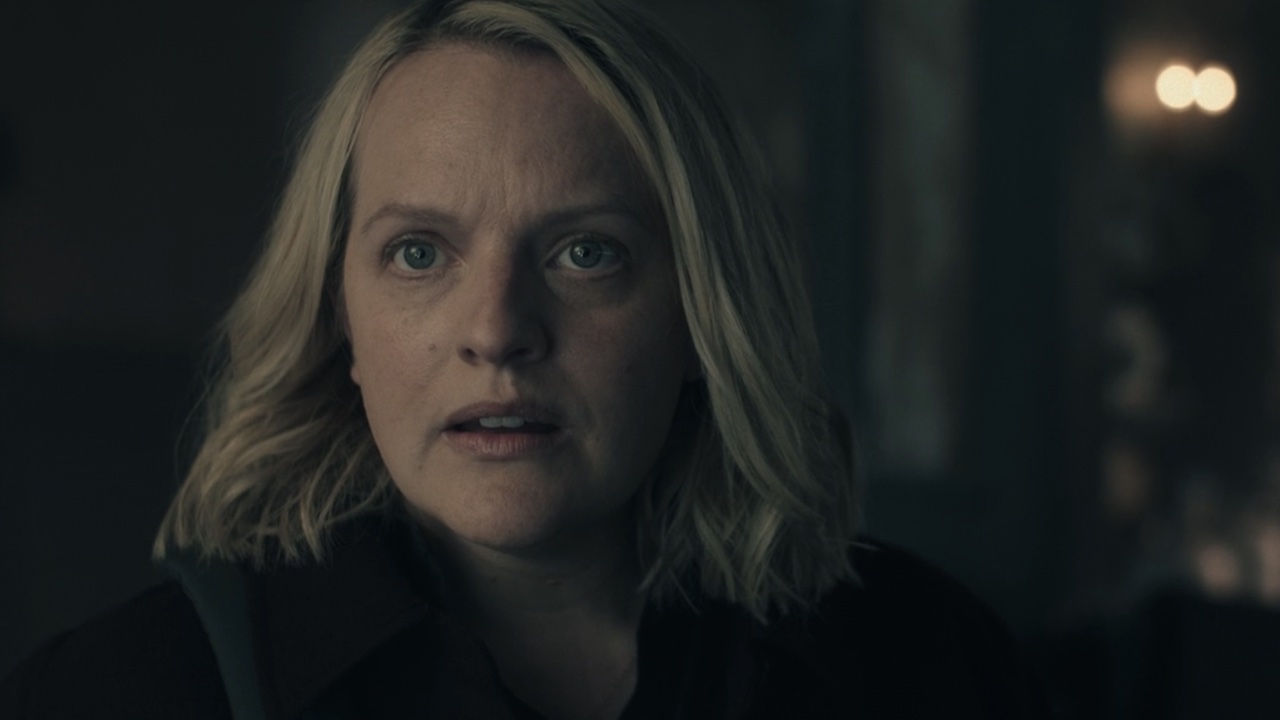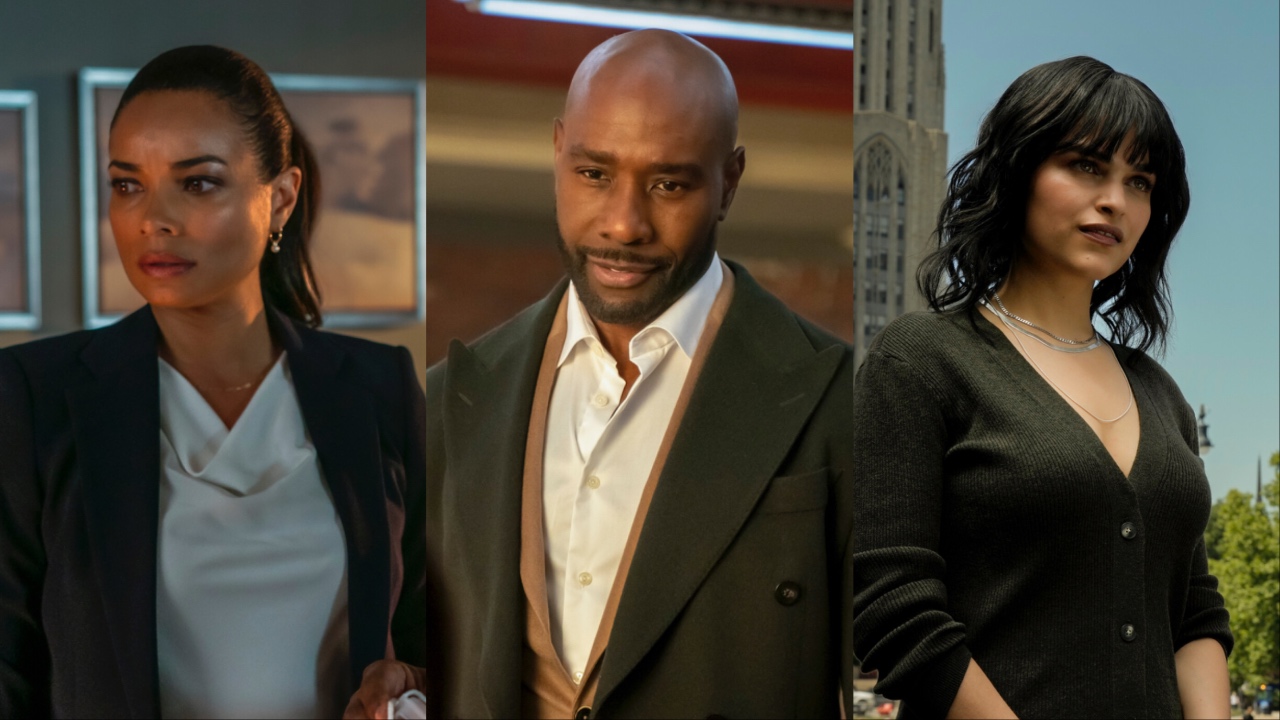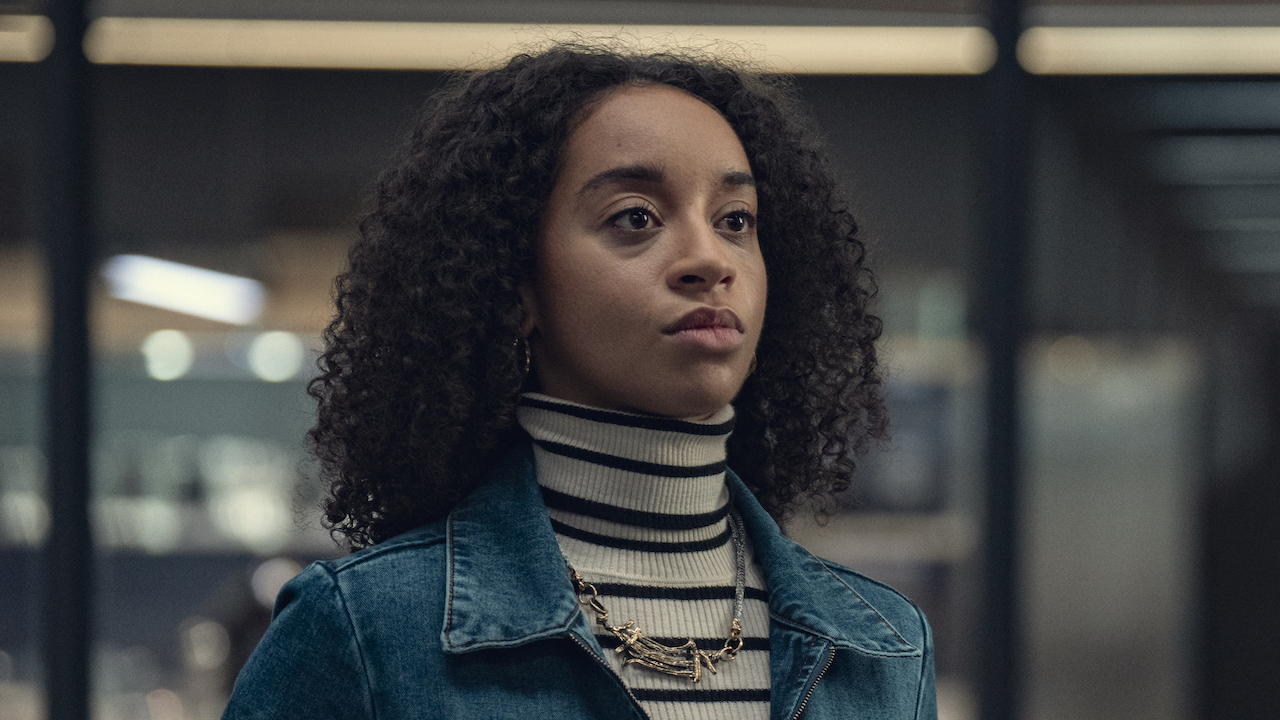Interviews
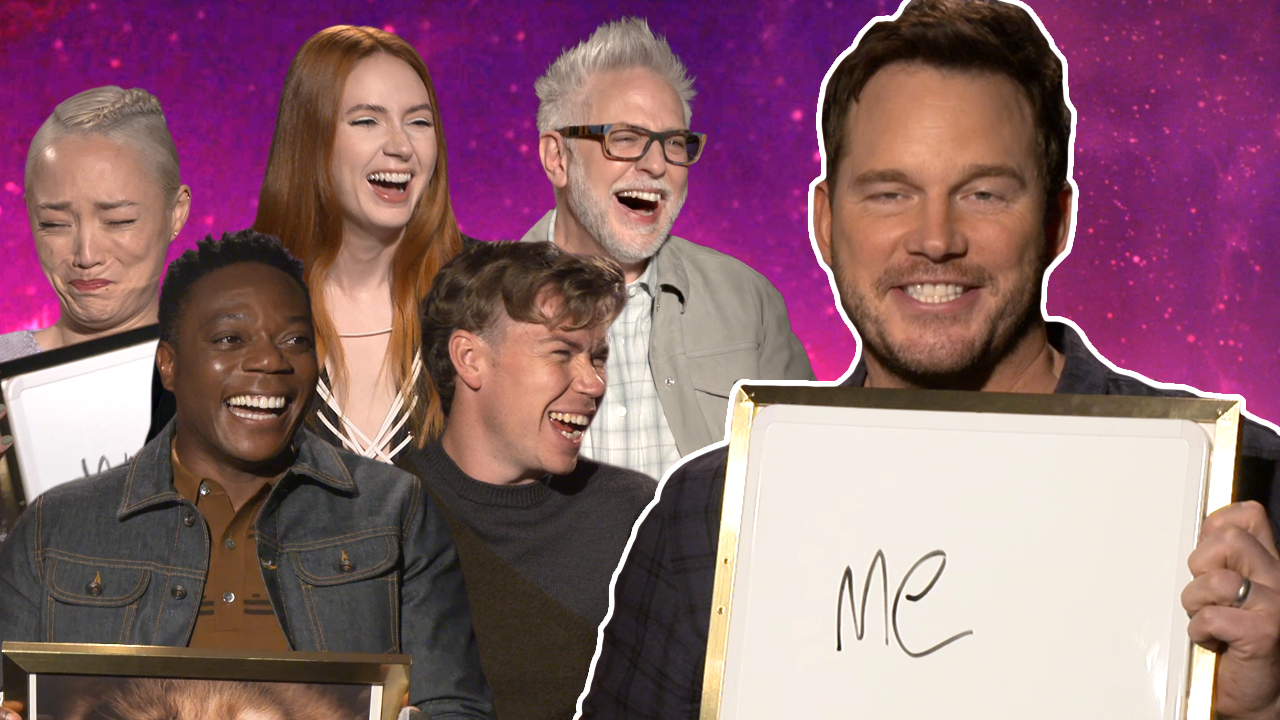
CinemaBlend frequently sits down with the talent who are responsible for the movies, television shows, streaming features, and pop-culture moments that you want to be reading more about. From Tom Hanks to the cast of Avatar: The Way of Water, from the latest contestant on The Masked Singer to the cast of Yellowstone, CinemaBlend ample time for exclusive conversations with Hollywood's biggest stars.
And CinemaBlend prides itself on asking talent the questions that they aren't hearing from every other outlet, leading to passionate answers that are meant to educate and entertain you, our readers. If they are important in Hollywood, they are speaking with CinemaBlend.
Latest about Interviews
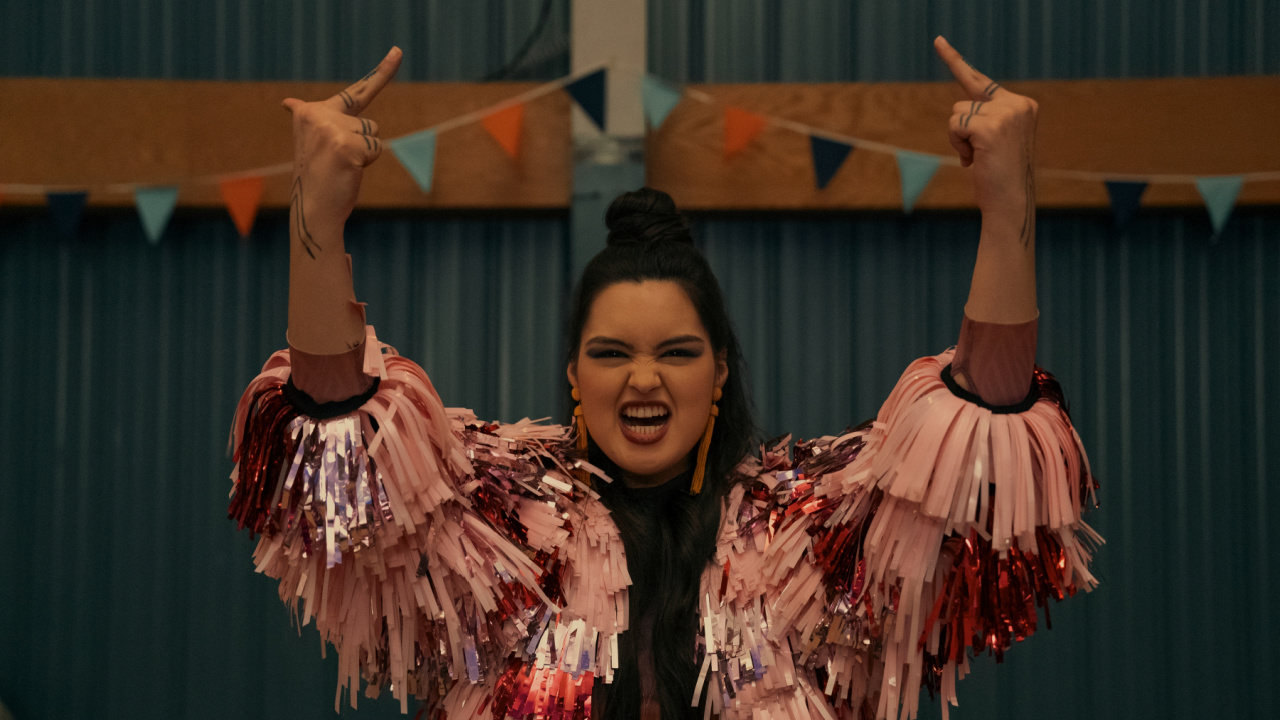
Surprise Breakout Hit North Of North Cracked Netflix's Top 10, And The Lead Actress Shared How It Makes Her Feel
By Alexandra Ramos published
Such a hilarious show!

The Conners' Lecy Goranson Gave Me Her Thoughts On Putting Roseanne's Death Back In Focus For The Final Season
By Nick Venable published
Exclusives Only three episodes left!
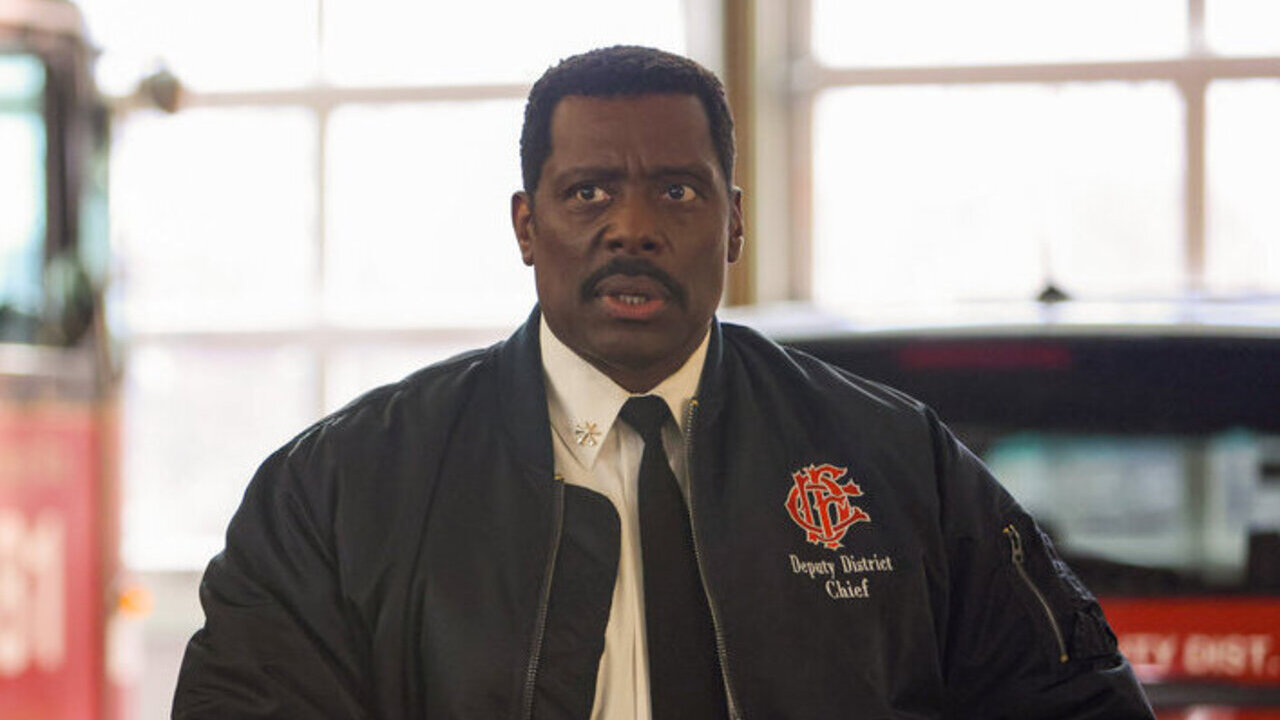
‘You May Lose Your Fan Favorite’: Chicago Fire’s Eamonn Walker Explained How Serious The Crisis Had To Be To Bring In Boden, And I’m Nervous
By Laura Hurley published
Exclusives Boden is back, but he might not get the warmest welcome.
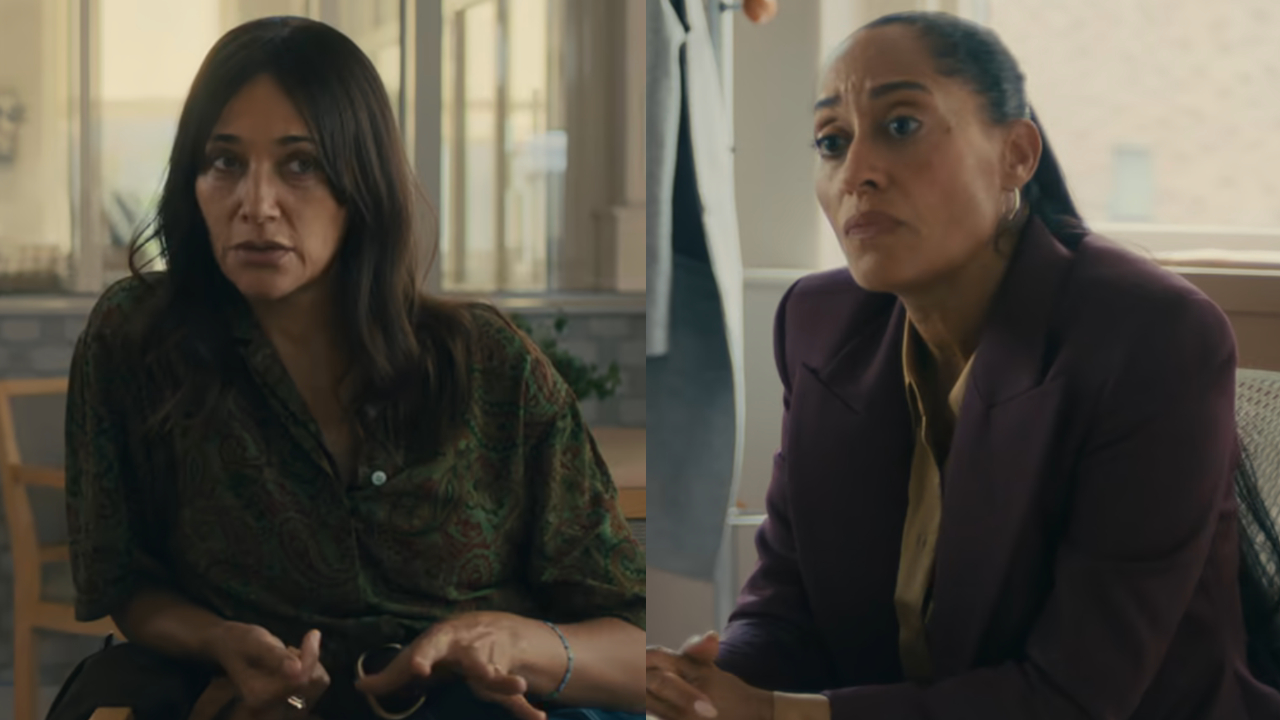
The Stars Of Black Mirror’s Common People Have Their Own Theories On What That Bleak Ending Really Means, And I Loved Seeing Them Figure It Out In Real Time
By Mike Reyes published
Exclusives And you thought "Common People" was a downer before this interview!
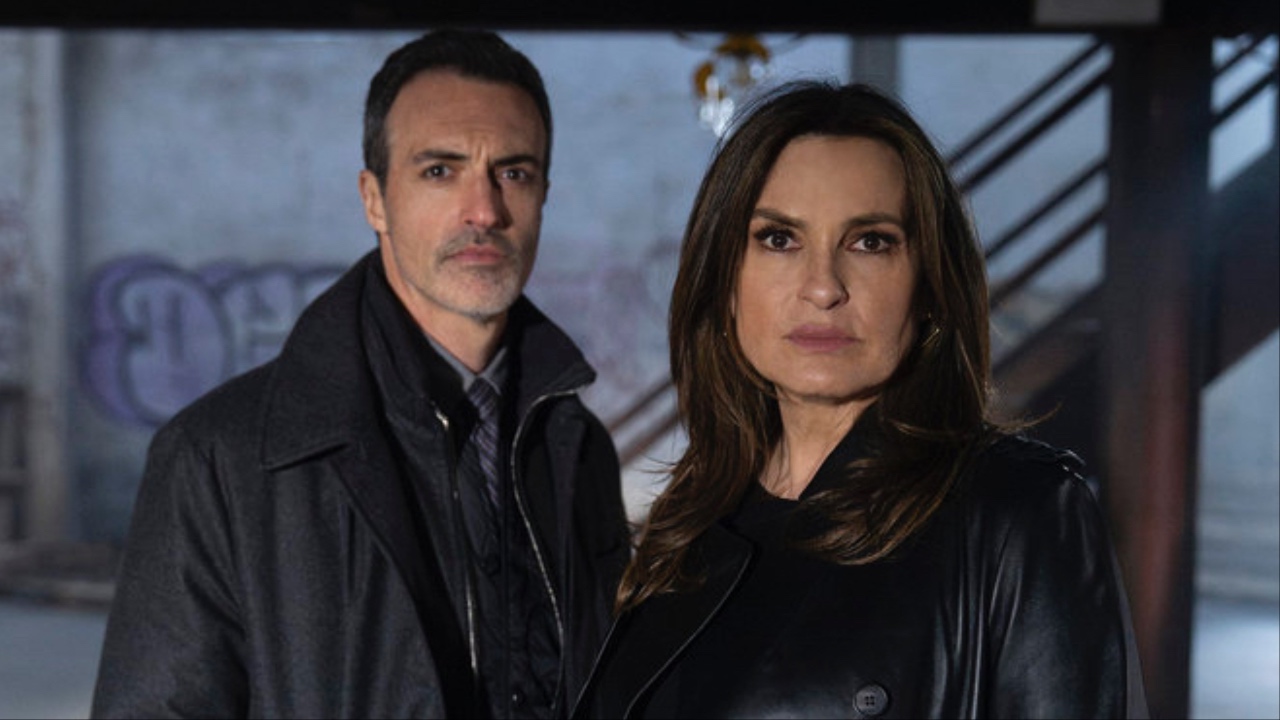
Ahead Of NBC's Law And Order Event, Reid Scott Joins The List Of Stars Who Can't Stop Raving About Mariska Hargitay: 'She's A Quarterback'
By Laura Hurley published
Exclusives "Wow" seems to be the consensus!
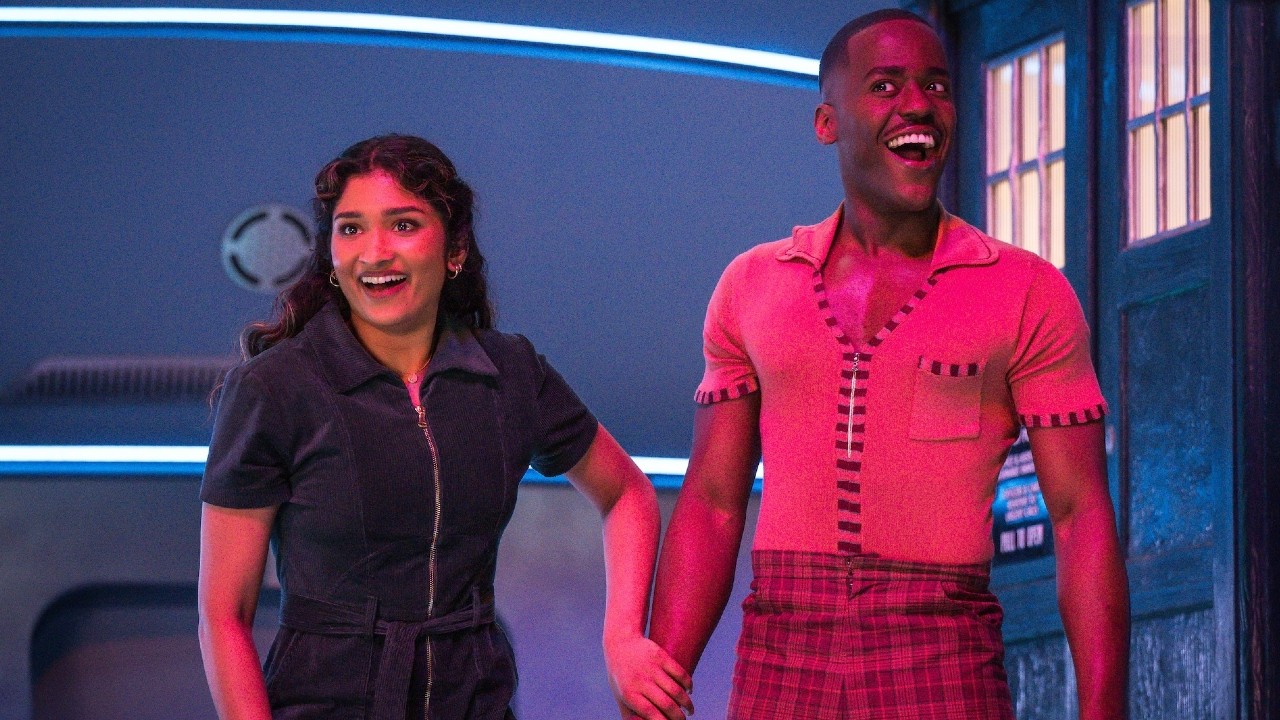
Doctor Who's Up To All That Timey Wimey Timeline Stuff Again, And Ncuti Gatwa And Varada Sethu Told Me Even They Had Trouble Knowing What Was Going On
By Mick Joest published
It can be a lot working on this show.
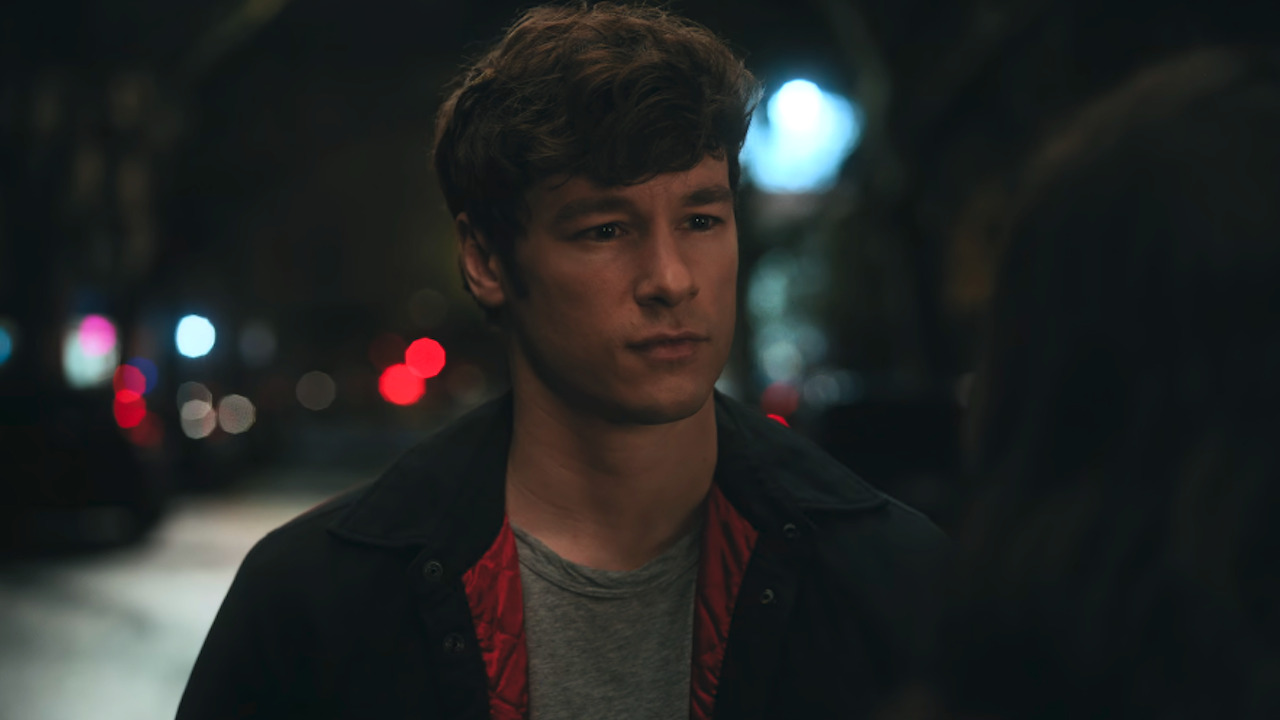
Netflix's Sweet New Star Kyle Allen Just Found Out The Life List's Test Screenings Led Viewers To Literally Quit Jobs And Break Up With Partners, And He’s Totally Here For It
By Sarah El-Mahmoud published
Exclusives Catch up with The Life List star following its hit success.

I'm Still Thinking About Warfare's Most Intense Scenes, But Joseph Quinn Says Filming It Bled Together
By Eric Eisenberg published
Exclusive The star looks back on the standout moments in the film.
CINEMABLEND NEWSLETTER
Your Daily Blend of Entertainment News
